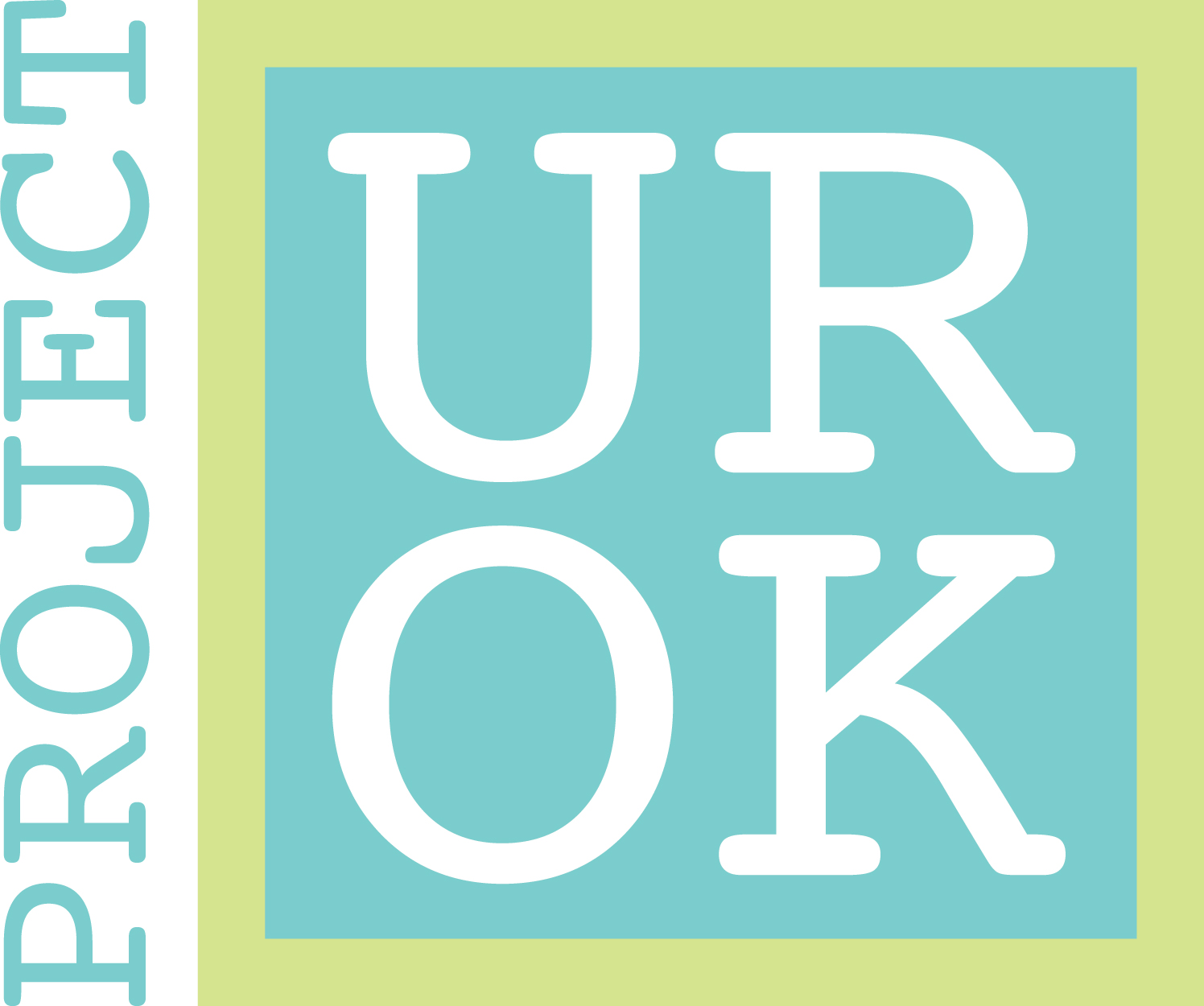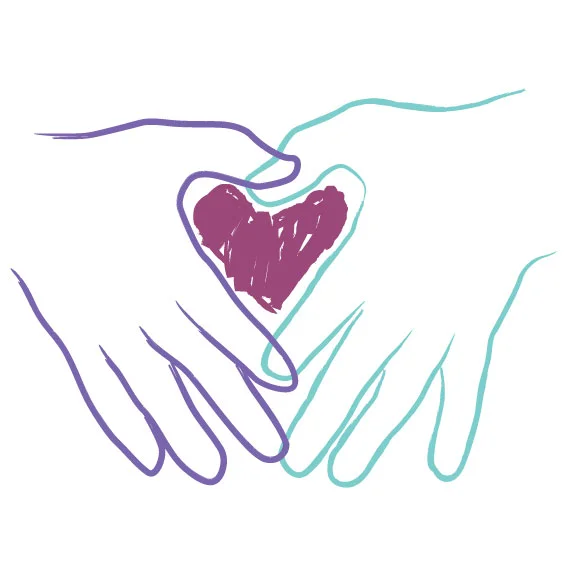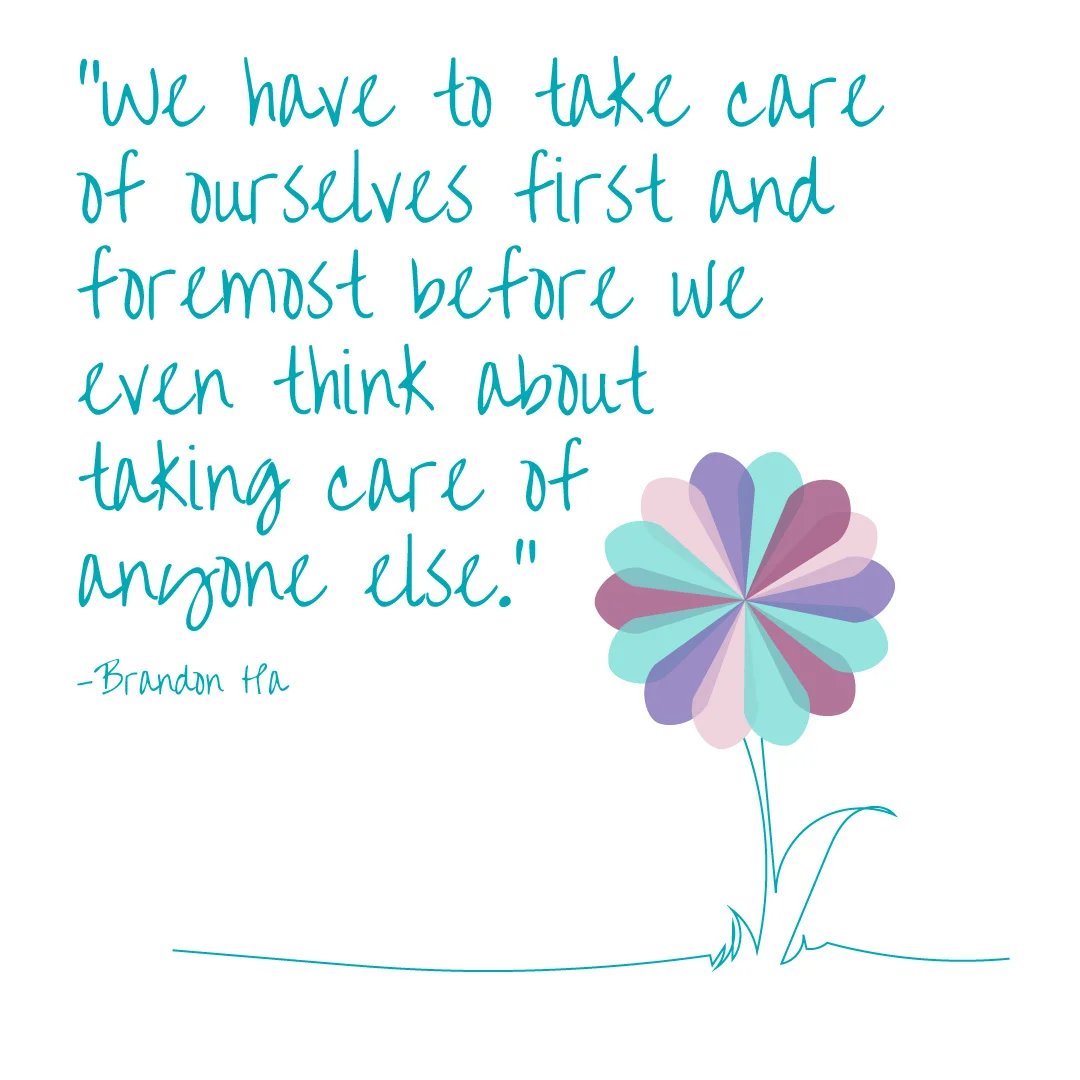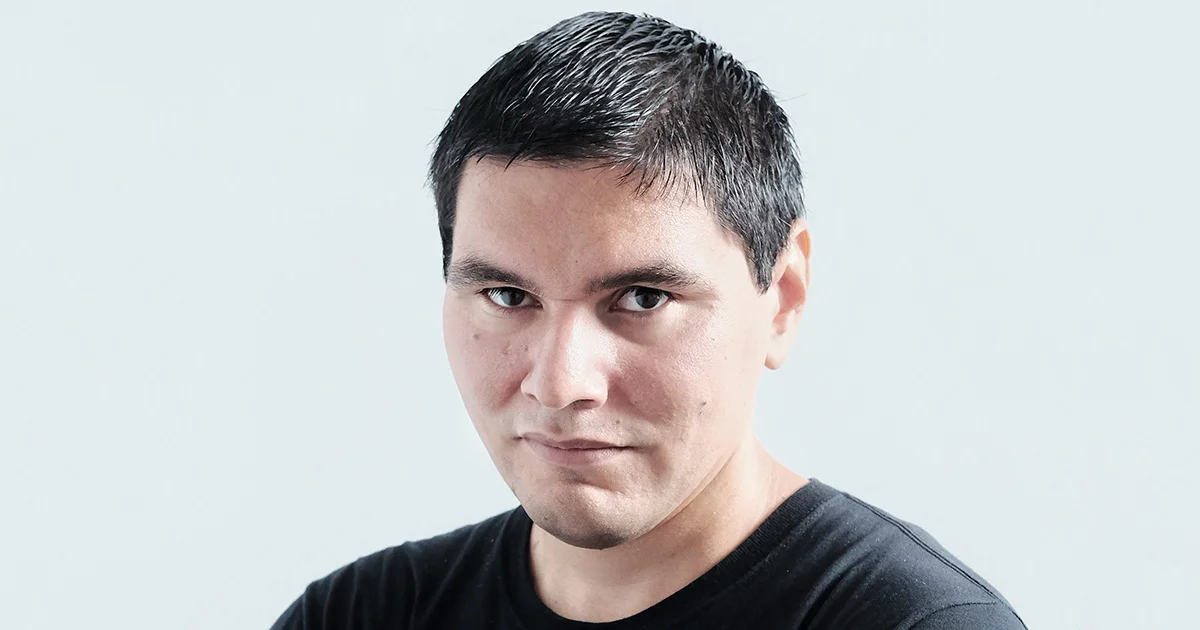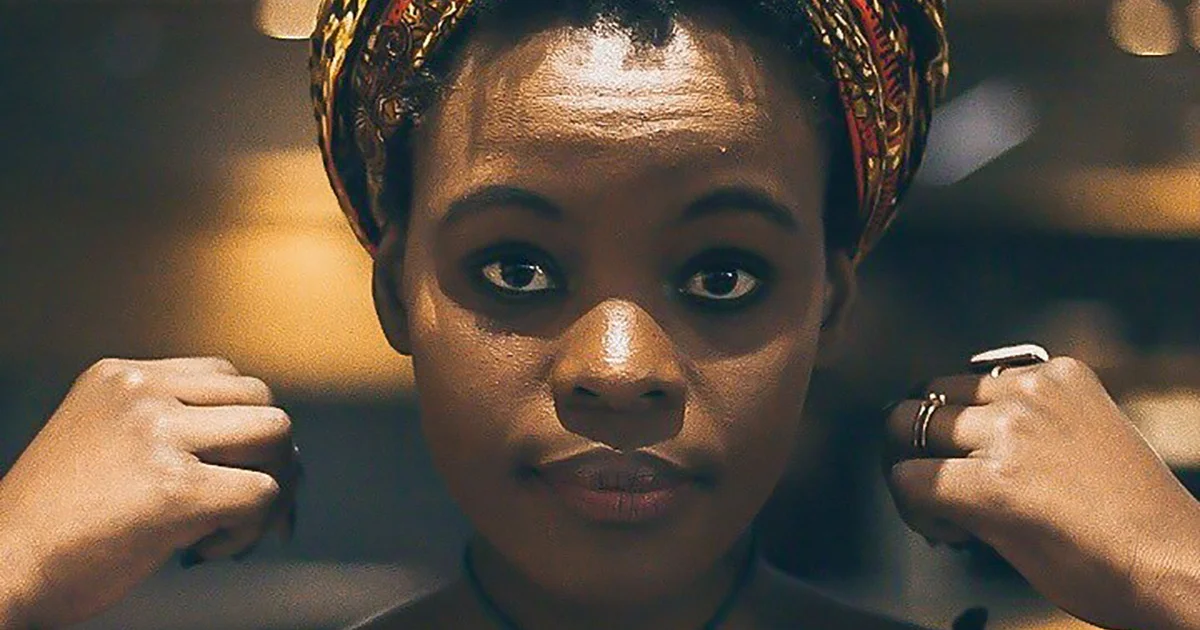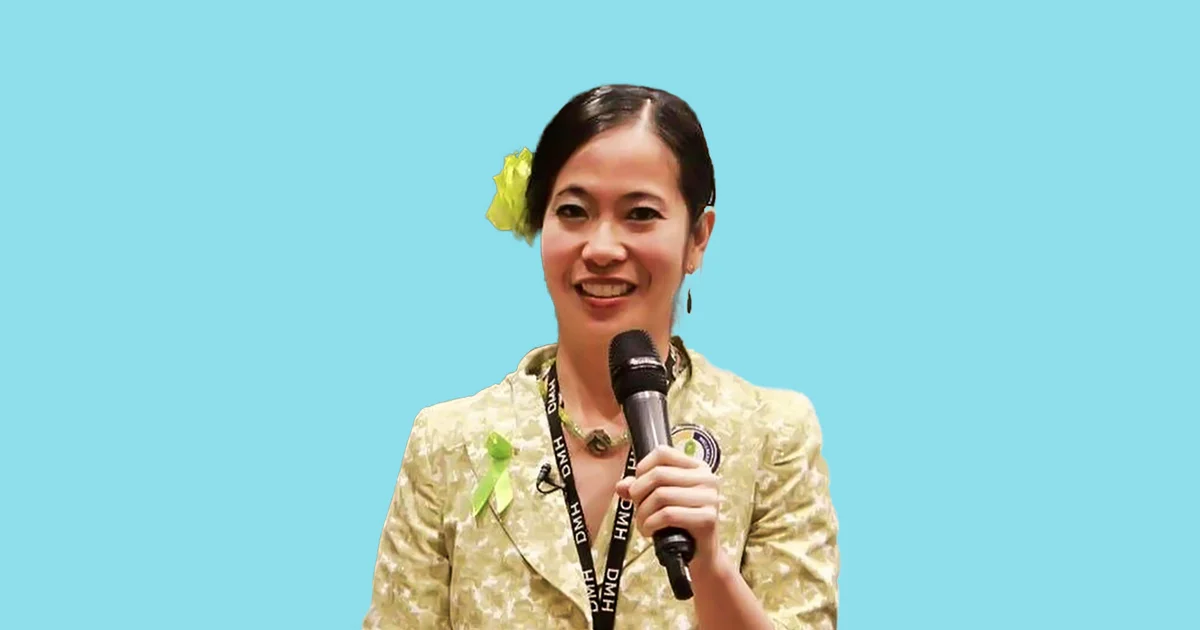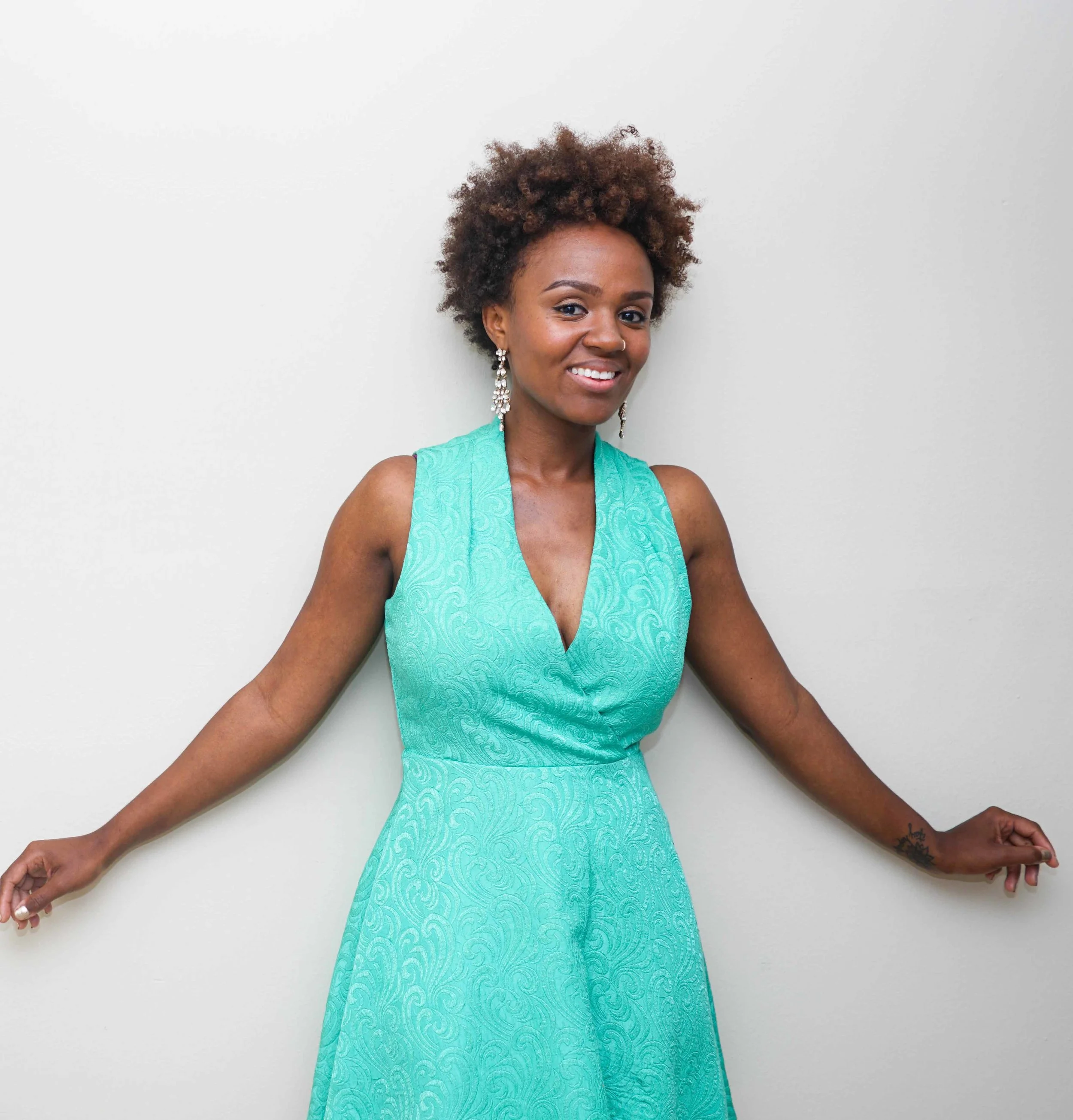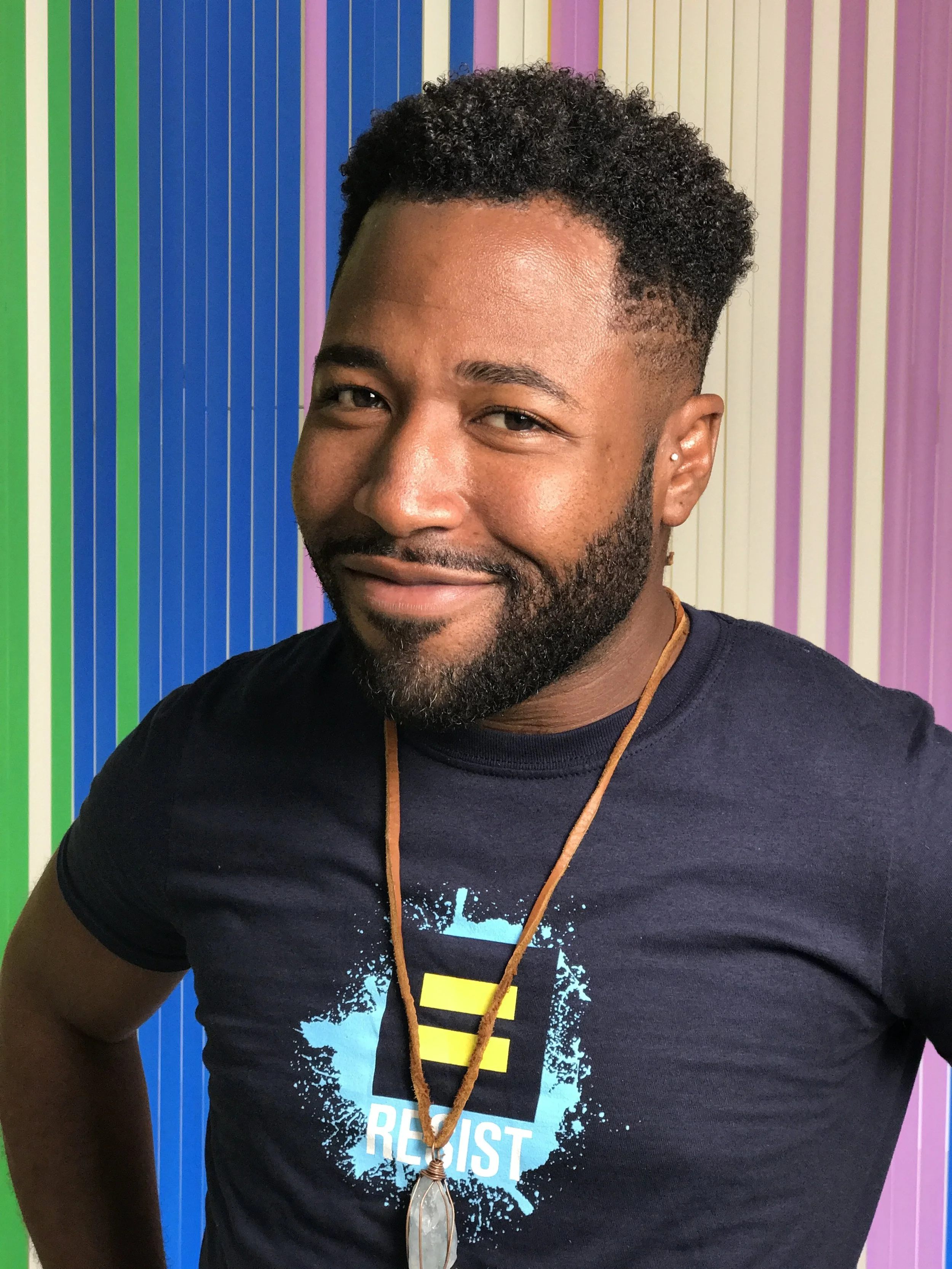I’m here to tell you, you’re not going insane- this is anxiety. It’s very common and in the words of Tom Jones, it’s not unusual. Contrary to what you may have thought before- anxiety is not just worrying.
Read MoreWhilst telling your parents might feel like the last thing you want to do, it’s important that you try. If you can’t tell them, then you need to speak to someone that you trust, maybe a grandparent or other relative. Talking about your problems can help you to feel better and understand how you’re feeling more clearly. Anxiety and depression can make you feel alone, but it’s important to remember that you’re not. Help is out there, and your parents will be able to offer you advice and guidance.
Read MoreDo you know what it’s like to live your life never feeling normal? I do. I remember when I was young, no older than 6 or 7 years, and I threw up in the middle of the street while talking to a neighbor; a relative of mine hollered, “WHY CAN’T YOU BE NORMAL LIKE OTHER KIDS?” As I sat crying, wondering what exactly I could do to fix myself. I was a sickly child and no doctor or specialist could determine what was wrong), I began to feel less than adequate.
Read MoreOur community is fighting and it’s a beautiful thing to see. From mental health statement selfies on Instagram to semicolon tattoos; more and more people who live with mental illness are sharing their stories on social media. If you check out #MentalHealthAwareness on social media, you’ll see and feel a mixture of emotions: pride, sadness, motivation, and inspiration. People living with mental illness are doing more work than ever to change the perception of mental health. It’s incredible.
Read MoreI have struggled with anxiety ever since I can remember. I struggled with it even before I knew what to call it. I knew I worried a lot about anything and everything. It really didn’t matter what it was or who it involved. I knew that I was scared to do a lot of the things that children my age did. I knew that I got referred to as “worry wart” a good majority of the time. What I didn’t know is that this wasn’t normal—I just thought it was, simply because I had always felt that way.
Read MoreMy approach to advocacy starts with sharing my own vulnerability and the ups and downs of my journey. Instead of hiding my bipolar and anxiety I talk about it on social media and start a dialogue out of it for anyone to join. I also travel and speak for various mental health organizations even though most days I’d prefer to be wrapped up in my blanket in bed. I’ve often heard that men don’t talk about their mental health because that makes them weak. I used to hold back due to fear of verbal abuse, but I’ve realized that the more I open up the better my mental health is overall.
Read MoreMinority mental health matters to me because there are still a lot of victims to be pulled out of this situation by creating awareness about this sickness. It needs to be thought of a sickness that can be treated. Unfortunately, only a few of us have found ways of dealing with this sickness, and the rest us are suffering in silence because of the lack of knowledge or ignorance within our society.
Read MoreI took my stand at the podium and stated, "I will not end my life because I have a story to share. The more we talk about mental health, the more we will alleviate the stigma. There is no shame. There is no shame!" That is when I began my grassroots journey to bring awareness to mental health in my communities.
Read MoreI have seen the effects of untreated mental health in my life and in the black community. As minorities, it is undeniable that we have been exposed to so much generational and present day trauma. I believe our community has to learn how to heal. It is our time to change the narrative of what mental health looks like in our community and make emotional wellness a priority. I believe that if we can successfully do this then we can change the trajectory of our future generations.
Read MoreI recently founded the Queer Minority Mental Health Project to advocate for greater representation of, and resources for, LGBTQ people of color in the mental health field. Too many living at the intersection of these identities, including myself, lack representation in the mental health narrative and struggle to find LGBTQ and culturally competent providers. The Project seeks to educate the public on the unique mental health experiences of this community, and help providers understand their unique needs.
Read MoreI got started because I realized that if I didn't start being open about mental illness, I never would. There would never be an ideal time. And so all of this works its way into the work that I do. As my immigrant, Taiwanese mother told me, "We don't talk about these things." Minority mental health matters to me not only because minority communities often stay quiet about such topics, but also because minority communities experience traumas that are specific to their communities and that impact mental health.
Read MoreI've written extensively about my experience as a postpartum depression and anxiety survivor. In my visual art, I focus on the impact of trauma-both inherited and personal, and how living with rapid cycling bipolar disorder type 2 impacts my life. In my first couple of years as a mental health advocate, I noticed a lack of outreach and advocacy targeted specifically to and inclusive of women of color. I noticed our needs and experiences weren't being widely recognized or discussed and saw very few spaces dedicated to providing us support.
Read MoreI started working as a therapist 13 years ago. Someone who battles addiction doesn't just battle addiction. Everyone's story is combined. I started blogging about self-care and mental health two years ago to share resources and inspiration with people outside my therapy office. Self-care isn't just for therapy clients. Solution-focused care is needed worldwide. I want people to walk out of their house every day knowing what they need & honoring their needs in order to be a kinder, more empathetic human.
Read MoreMinority mental health matters for a myriad of different reasons. Minorities and people of color carry the weight of our collective trauma. No matter how we dissect it, we're still trying to make sense of some heavy historical pains. As people of color, we don't receive adequate and ongoing mental health support. During my time serving as a community-based therapist, I witnessed everything. I stood helplessly over incubators looking at newborn babies addicted to heroin. I cried with mother's as their children were shipped off to juvenile detention centers. I was also faced with de-escalating multiple violent domestic disputes.
Read MoreMental illness doesn't discriminate yet we have a really hard time talking openly about it in communities of color. I think there's a misconception that self-care is a luxury that other people can afford but we, as people of color, should be "strong" enough to shake off any issues we face.
Read MoreDuring my darkest hour of depression, when I didn't think I could hold on to life for another day, I remember wishing there was a place where I could talk to other women of color with similar experiences. Years later my passion for mental health and my life-long fascination with writing and literature came together when I started my blog Spoken Black Girl. Since then, I've been raising awareness about mental health and mental illness while creating spaces for women of color to share their stories of healing through writing. My latest project is Spoken Black Girl Magazine, an online space where women of color can share their wellness journeys while learning from the experiences other women of color.
Read More